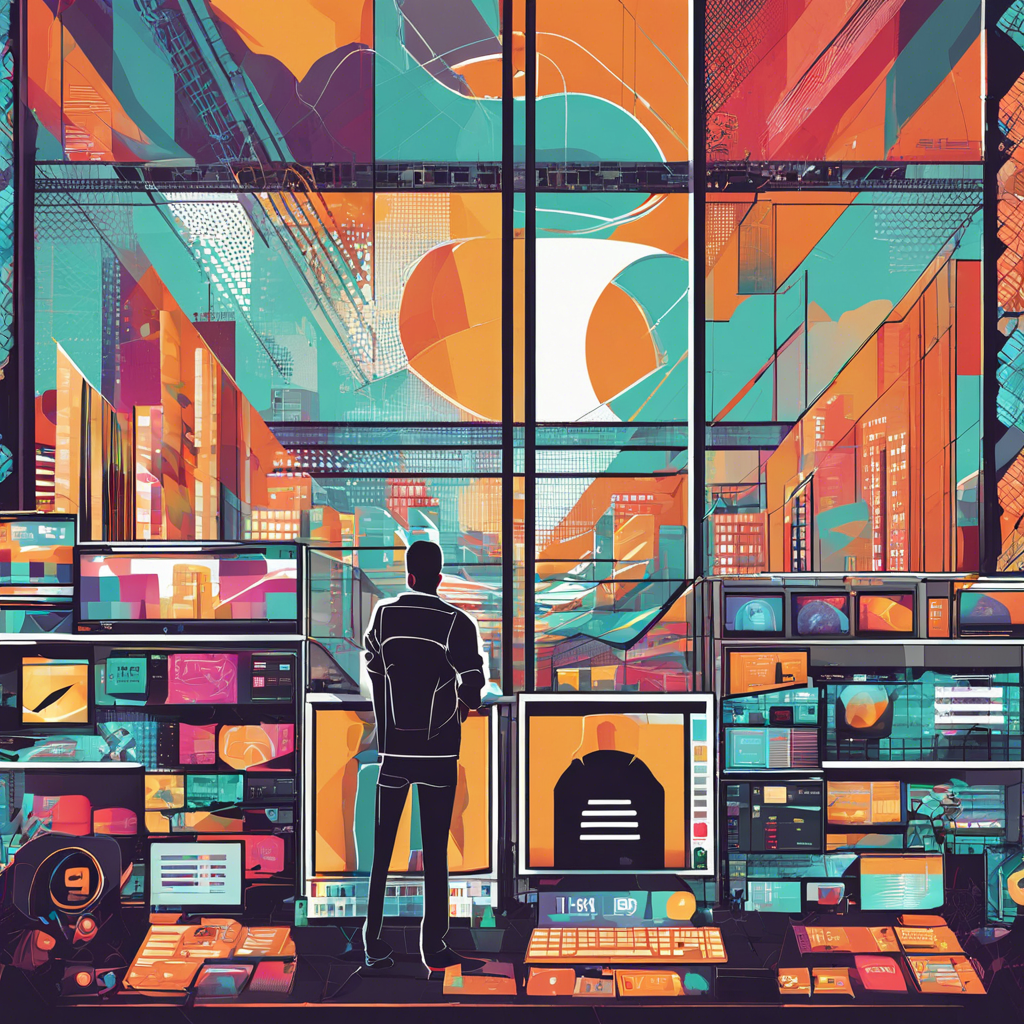The rise of Non-Fungible Tokens (NFTs) has sparked a revolution in the digital economy, allowing a unique form of ownership and interaction with digital assets. NFTs are digital certificates that verify the authenticity and ownership of specific virtual items, from digital art and music to virtual real estate and collectibles. These tokens exist on blockchain technology, which provides a secure and transparent way of recording ownership and transacting these digital assets. This innovative concept is reshaping the way we perceive and engage with the virtual world, fostering a new era of digital collectability and investment. What makes NFTs particularly intriguing is their ability to provide ownership rights over unique digital items that were once easily replicable and, therefore, difficult to monetize. In the past, digital artists often struggled to monetize their creations due to the ease of copying and sharing digital files. However, NFTs ensure that the original digital artwork is distinguished from copies, providing a sense of scarcity and authenticity that adds value to the collector’s purchase. Musicians are also embracing NFTs, offering exclusive content, early releases, or unique experiences to their fans through tokenized formats, thereby creating new revenue streams and deepening the connection with their audience.
The gaming industry is another sector undergoing a significant transformation through NFTs. Traditionally, gamers had limited ownership rights over in-game assets, but NFTs enable players to truly own their virtual items, such as weapons, avatars, or even in-game land, and have the ability to transfer or sell them on various marketplaces. This shift in ownership model is attracting a new wave of players who appreciate the added value of their digital possessions and the potential for profit. Moreover, the integration of NFTs into video games opens up exciting possibilities for play-to-earn models, where gamers can earn income through their in-game activities and the trading of NFTs. This trend is particularly prominent in blockchain-based games, where players can earn NFTs as rewards for completing tasks or achieving certain milestones, which they can then sell to other players or exchange for cryptocurrency. As a result, the gaming industry is witnessing the emergence of a new breed of gamers who are not just consumers but also active participants in the digital economy, driving the demand for more immersive and rewarding gaming experiences.
As NFTs continue to gain traction, they are fostering the development of new business models and revenue streams for creators and platforms alike. Online marketplaces dedicated to buying, selling, and trading NFTs are flourishing, providing a platform for artists, brands, and individuals to reach a global audience of collectors and enthusiasts. The success of NFTs also lies in their ability to foster community engagement and participation. Many NFT projects are community-driven, with token holders having a say in the project’s governance and future direction, creating a sense of collective ownership and involvement. However, the rapid growth of the NFT market also raises concerns about sustainability, particularly regarding the energy consumption associated with blockchain transactions. As the technology and market mature, addressing these environmental issues will be crucial to ensuring the long-term viability of NFTs and their widespread adoption. In conclusion, NFTs represent a significant evolution in the digital economy, empowering creators and collectors while transforming the way we interact with and value digital assets.
